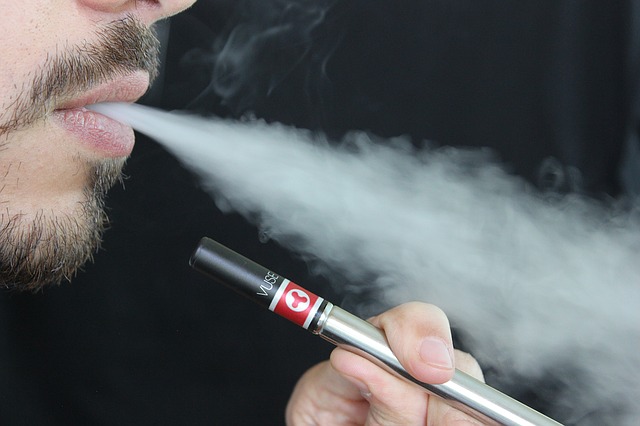US Congressional leaders reached a budget compromise on an omnibus revenue bill that allowed them to avoid a government shutdown but excluded language that would have changed the predicate date applying to Food and Drug Administration regulation of vapor products, according to the Reason Foundation.
‘Democratic leadership identified the change to the predicate date for vapor products as a “poison pill” and vowed to oppose any budget deal and force a government shutdown if the provision was included, said the foundation’s Nicotine, Vapor and Harm Reduction Newsletter.
‘On May 3, the FDA announced that it will defer enforcement of all future compliance deadlines under the rules published in May 2016 affecting e-cigarettes and cigars by three months. The communication from the Center for Tobacco Products specifically stated the following: “This extension will allow new leadership at the FDA and the Department of Health and Human Services additional time to more fully consider issues raised by the final rule that are now the subject of multiple lawsuits in federal court”.’
Meanwhile, The Heartland Institute said that when Congress passed the $1.1 trillion omnibus spending bill, ‘notably absent was the Cole-Bishop amendment, which would have reversed a terrible regulatory decision by the Food and Drug Administration’.
‘In May 2016, the FDA’s “deeming regulations” required all e-cigarette products brought to market since February 2007 to apply for approval by the federal government,’ it said in a press note. ‘The rule, though being phased in over three years, essentially makes every vaping product in America illegal until manufacturers get government approval for every product – which would cost manufacturers more than $300,000 per product.
‘The amendment by Reps. Tom Cole (R-OK) and Sanford Bishop (D-GA) – long-expected to be a part of the budget bill – would have amended the deeming regulations to apply only to e-cigarette products introduced after the “predicate date” of the rule (2016), not retroactively to 2007.’











